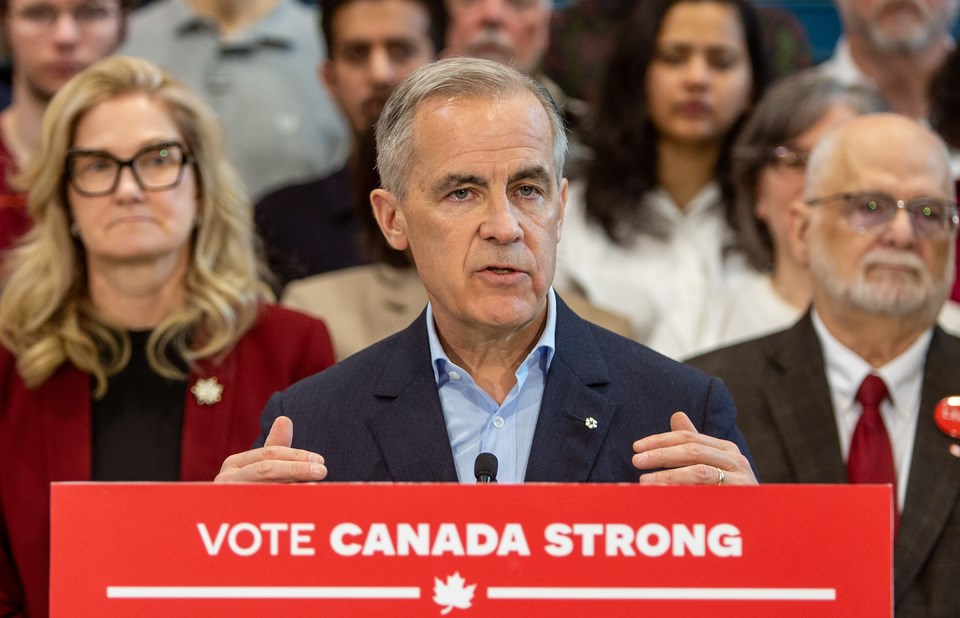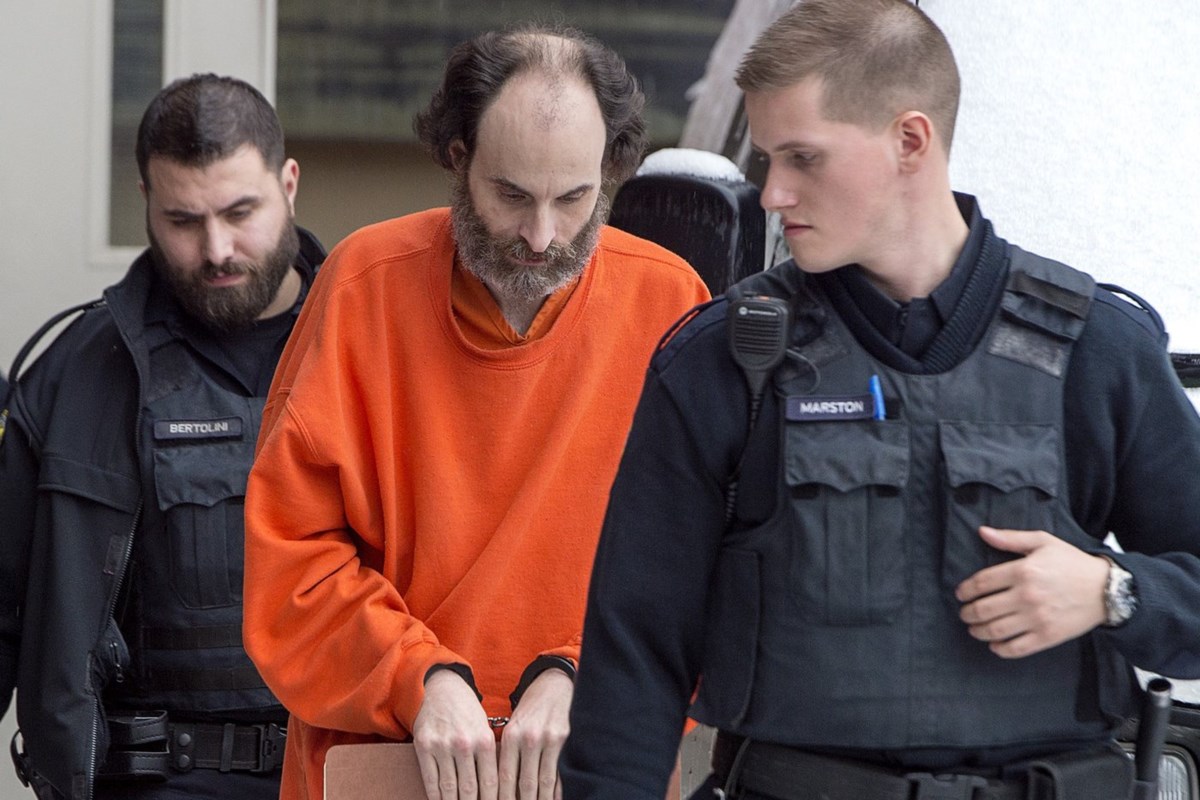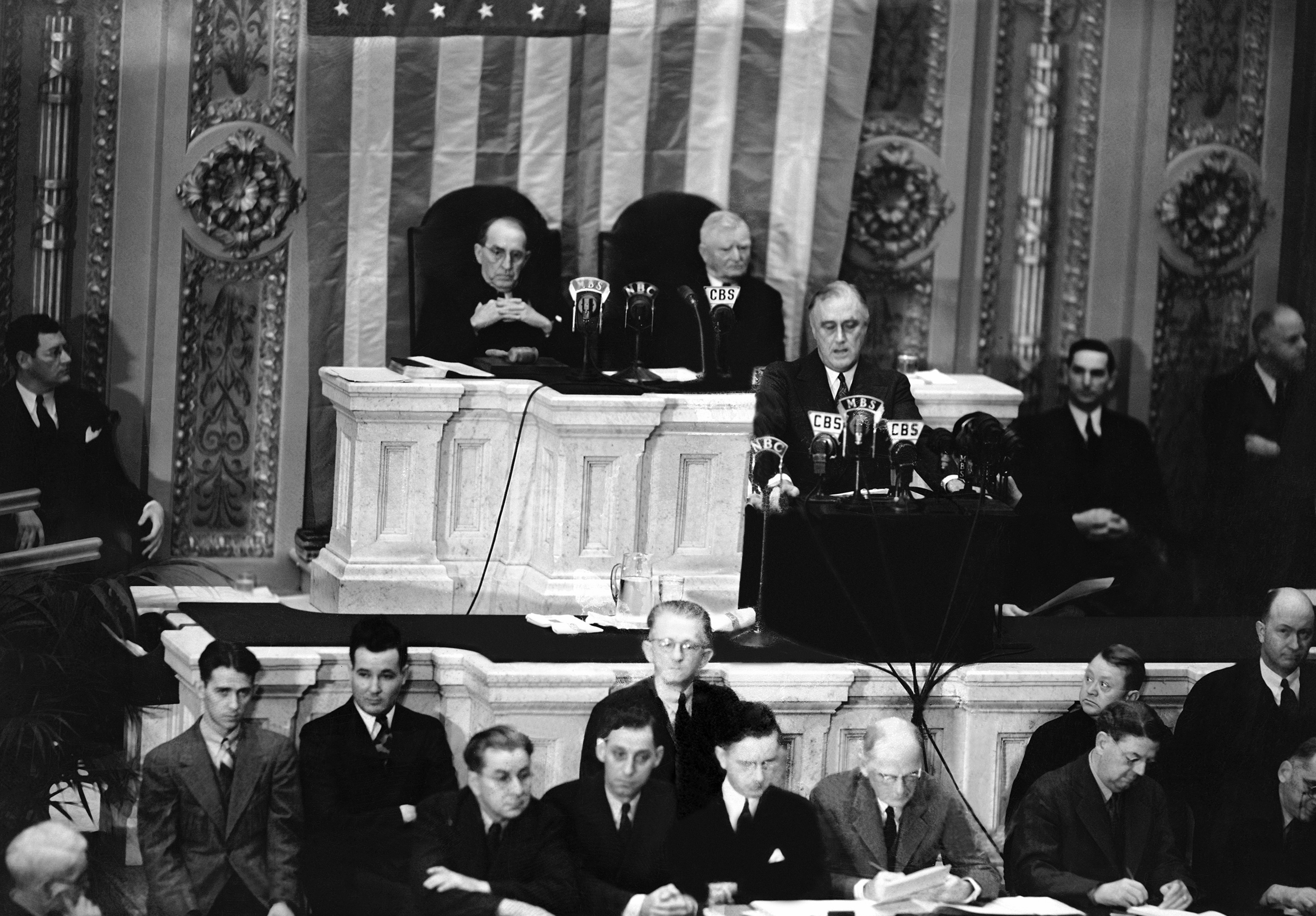Witty and gritty Thunderbolts* is the best Marvel film in ages, no asterisk required

Open this photo in gallery: Florence Pugh and David Harbour in a scene from Thunderbolts*.Marvel Studios/Supplied Thunderbolts* Directed by Jake Schreier Jake Schreier Written by Eric Pearson and Joanna Calo Eric Pearson and Joanna Calo Starring Florence Pugh, Sebastian Stan and David Harbour Florence Pugh, Sebastian Stan and David Harbour Classification PG; 126 minutes PG; 126 minutes Opens in theatres May 2 Critic’s Pick It figures that a collection of losers would end up saving the Marvel Cinematic Universe from itself. For the past half-decade, the MCU has inched perilously close to being sucked into a black hole, the once-unstoppable franchise struggling to find creative purpose after 2019’s Avengers: Endgame, the culmination of an unprecedented and wildly successful campaign to dominate global pop culture. Uber-producer Kevin Feige has since tried to pacify his audience with purple Kangs, red Hulks and a Deadpool who works blue. But the efforts have all landed as the same grey mush, indigestible to all but the most tasteless fanboys. So, walking into the MCU’s 36th feature-length effort, Thunderbolts* (the asterisk turns out to be surprisingly important, even verging on poignant), it felt as if the white flag of defeat was set to be raised from Avengers HQ. Instead, this gritty, nervy adventure focusing on a ragtag group of anti-heroes and worst-of-the-worst underdogs – essentially Marvel’s answer to DC’s The Suicide Squad – feels like a micro-dose of super-soldier serum. There are some serious side-effects, but you’ll walk away feeling stronger about the future of the MCU than in years and years. It helps, as always, to have at least some knowledge of a half-dozen previous MCU outings, most notably 2021’s Black Widow. But unlike this past winter’s largely incoherent and truly atrocious Captain America: Brave New World, the points of reference here are more nice-to-haves than essential guideposts to the narrative. Together with screenwriters Eric Pearson and Joanna Calo, Thunderbolts* director Jake Schreier simply and confidently parachutes his characters into the story and trusts his audience to fill in their canonical backstories and latch onto their myriad emotional tics with the many cues and clues handily provided. Yelena (Florence Pugh) is the central figure, a slick Russian mercenary, and sister of Scarlett Johansson’s Natasha Romanoff/Black Widow, who is trying to outrun her deadly past. Shadowing her every step is her loutish and largely absentee father Alexei (David Harbour), who served for a time as Moscow’s answer to Captain America. And keeping an eye on both of the rogues is Bucky Barnes (Sebastian Stan), once known as Cap’s frenemy the Winter Soldier but today serving as perhaps the only U.S. congressman with a cybernetic arm capable of crushing your larynx (though who knows what Bernie Sanders is packing under those sleeves). Toss in a few more Avengers-related burnouts who are given far more shade and nuance than their respective tenures in other Marvel films and series – the petulant Captain America wannabe John Walker (Wyatt Russell), the Russian assassin Taskmaster (Olga Kurylenko) and Ghost (Hannah John-Kamen), the molecularly unstable nemesis of Ant-Man – and you’ve got a solid team of C-listers ready to prove themselves. Like most MCU entries as of late – we’re apparently at the tail end of Phase Five in the MCU, with Feige seemingly unaware that only the most evil supervillains tend to number their master plans – the story in Thunderbolts* is a mess. At one point, the focus is on congressional hearings surrounding the icy CIA chief Valentina Allegra de Fontaine (Julia Louis-Dreyfuss, having as much fun as she possibly can) and the shadowy weapons manufacturer she controls. But the plot slips and slides all over the place. Fortunately, and shockingly given just how many arcs the film has to balance and serve, the whole thing works because it is so explicitly rooted in character, not twists. While “trauma” has lately been an overused skeleton key in unlocking the drama of so many superhero efforts – including, most egregiously, Marvel’s own Wandavision, which felt like several hours’ worth of Therapy for Dummies – Thunderbolts* carries the kind of hurt and pain that feels genuine. Each one of its characters is working through a past that is immense in its scope and uncomfortable in its hard truths, to the point that the film is the MCU’s thorniest, grimmest entry to date. That might not sound like the makings of a rollicking night out with your favourite super-friends, but Schreier keeps the Marvel machine greased with all the explosive bombast that the bosses demand – all while keeping the action spatially coherent, which is no small thing for the MCU these days. Best of all, the director gives his cast just enough leeway to lean into their strengths without slipping into “so, that just happened” mugging. Pugh and Harbour are especially strong, grating against each other with just the right amount of raw edge as the estranged father-daughter pair (even when they’re struggling to keep their accents out of Boris and Natasha territory). While it feels as if Schreier is often constrained by the aesthetic rules of the MCU – there is one extended alternate-reality sequence toward the end that aims to ape the surreal horror of Chuck Russell’s A Nightmare on Elm Street 3: Dream Warriors, but settles for a safer kind of sinister – this is the first Marvel film in ages to look, feel and move like an actual feature film and not a slop bucket of CGI. And that is just enough of a victory to once again root for Earth’s mightiest heroes. Or whoever the Thunderbolts* might be.



















